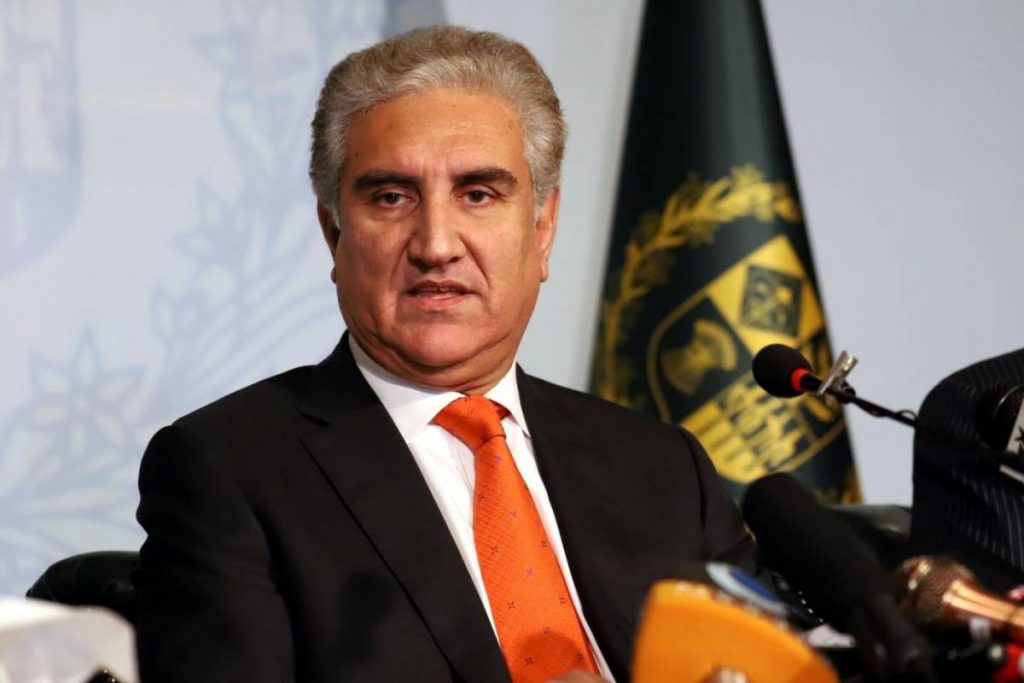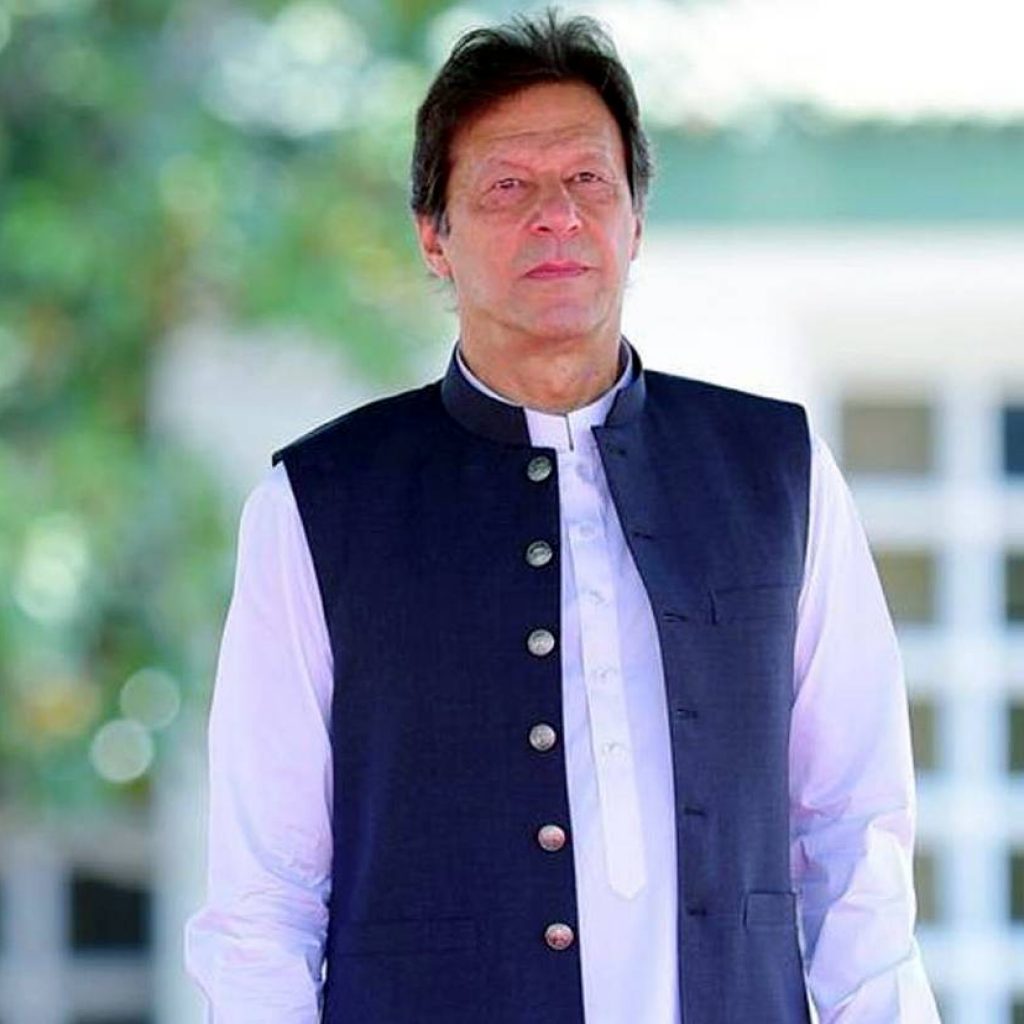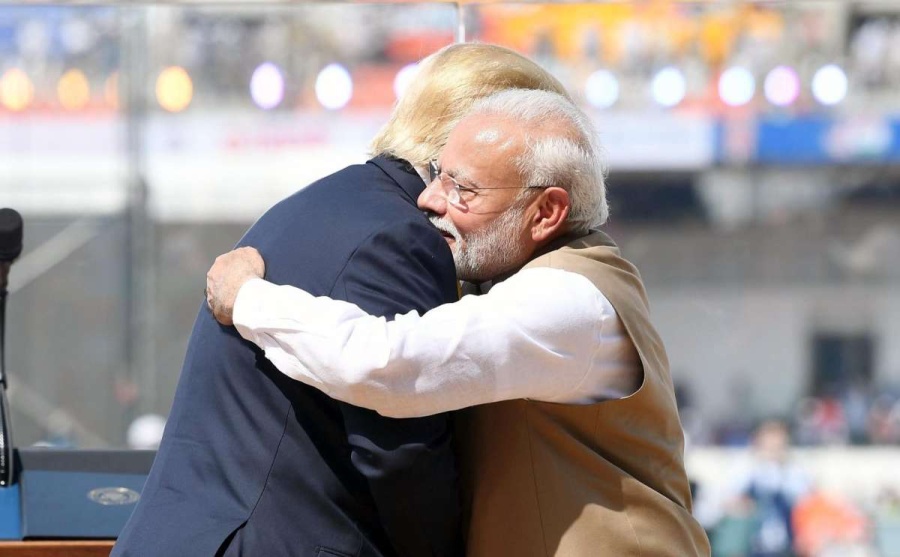There is a looming sense of fear in Pakistan that the US withdrawal from Afghanistan will increase instability in its neighbourhood…reports Asian Lite News
Pakistan said on Tuesday it will not provide air bases to the US after the troop withdrawal from neighbouring Afghanistan, vowing to protect the nation’s interests and support the Afghan peace process, according to Arab News report.
“No. We don’t intend to allow boots on the ground here, and Pakistan isn’t transferring any base (to the US),” Foreign Minister Shah Mahmood Qureshi told a press conference in the capital Islamabad.
Meanwhile, There is a looming sense of fear in Pakistan that the US withdrawal from Afghanistan will increase instability in its neighbourhood, and add security threats in the region while putting China’s Belt and Road projects at risk, Nikkei Asia reports.
As the September 11 deadline of complete withdrawal is approaching, instability in Pakistan has steadily increased, and outlawed groups like Tehreek e-Taliban Pakistan (TTP), have increased cross-border attacks in the country.

According to the analyst Fakhar Kakakhel, the US pull-back, along with a weak Afghan government will seriously destabilize the region.
“In the future, TTP will have more safe pockets in regions close to Pakistani borders,” Kakakhel told Nikkei Asia. The report by the Japanese newspaper said that Taliban members from Afghanistan and Pakistan allegedly use the border region as a sanctuary.
ALSO READ:Saudi Arabia backs India-Pakistan dialogue
Furthermore, experts believe the uncertainty in Afghanistan has provided TTP with a window to attack Pakistan, including the projects of the China-Pakistan Economic Corridor (CPEC) worth around USD 50 billion.
As per the analysts, after the withdrawal of foreign troops from Afghanistan, TTP can more easily attack targets that are key for Pakistan’s economy.

“Some (Chinese) investments are located near the traditional areas of TTP’s activities, so it makes them natural targets,” said Przemyslaw Lesinski, an Afghanistan expert at the War Studies Academy in Warsaw.
Michael Kugelman, the deputy director of the Asia Program at Wilson Center, told Nikkei that CPEC has not traditionally been a top target of TTP in Pakistan.
“But in recent months, anti-China rhetoric has [surfaced] in TTP propaganda, especially because of China’s oppression of Uyghur Muslims,” Kugelman told Nikkei.
Kugelman said that Pakistan, which has built a fence worth millions of dollars, will not get a 100 per cent deterrent against TTP cross-border attacks.
“Pakistan has genuine reasons to be concerned (of TTP),” he added. (ANI)














